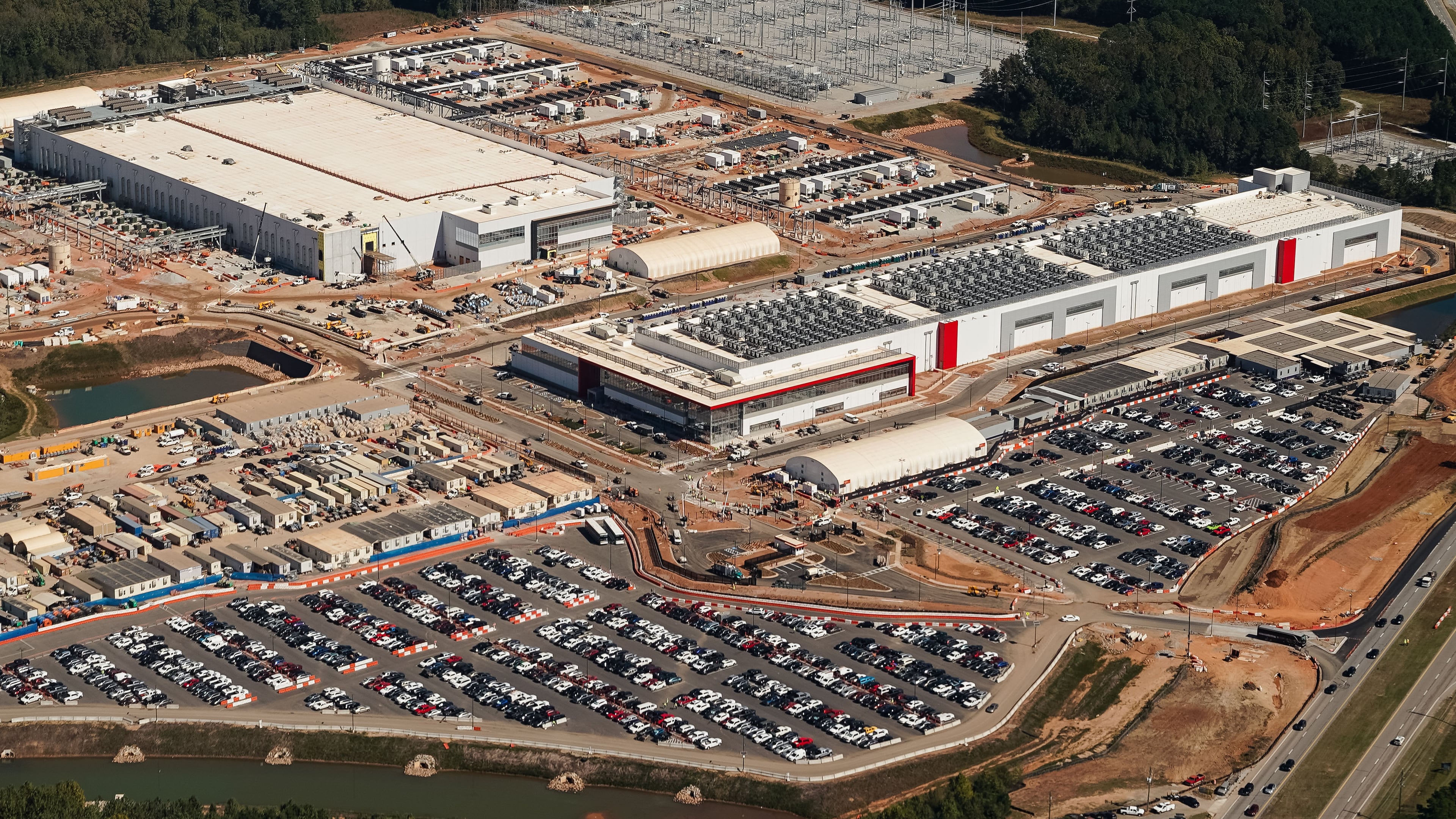Data centers to get regional review, public notice on key Georgia website

SAVANNAH — A Georgia agency set new rules Thursday for how large data center proposals should be evaluated by regional planners, rules that will also make it easier for the public to learn where the huge and controversial computing centers have been proposed.
The Georgia Department of Community Affairs board unanimously codified parameters for how data centers should be reviewed during the Development of Regional Impact process, an infrastructure study typically required for large projects.
The new rules are poised to end a prolonged pause the DCA initiated over the summer that stopped new data center projects from entering into the regional review process, though city and county zoning processes were not affected.
First reported in July by The Atlanta Journal-Constitution, the DCA’s pause was designed to provide time to write rules for how data centers should be analyzed during the DRI process. But it also presented a monthslong gap in which there was not a centralized place where the public could see where such campuses were being proposed statewide. Local leaders could still consider — and potentially process — new proposals that didn’t go through the additional regional review and oversight.
“We have been in a blind spot,” said Chris Manganiello, water policy director for the Chattahoochee Riverkeeper. “I think it should help open up that (DRI review) window again and see what’s happening.”
Data centers, which are effectively gigantic warehouses filled with computer servers, have been around for decades but nowhere near the scale of modern proposals. To serve the country’s growing digital needs and power artificial intelligence, tech giants and developers have favored building campuses of data centers worth billions of dollars and spanning hundreds of acres.
Clustering this power-hungry equipment into a smaller footprint increases efficiency, but it also places new strains on surrounding utility grids and communities. Many communities have started to push back against the campuses, concerned about their power and water demands and other factors.
The number of data center proposals that entered the DRI process has rapidly increased since AI gained prominence in 2023 through the DCA’s pause in June.

A DRI review is often the first time many large developments enter the public eye. The process, which can be triggered by a rezoning request or permit application, evaluates a project’s water consumption, power needs and traffic demands, plus can reveal other information about a development’s scale.
The DCA told the AJC in July its pause was because of the growing frequency of data center projects that were flooding Georgia’s DRI submissions. In the 11-county metro Atlanta area, 44 DRI applications for data centers were submitted in 2023, 2024 and the first five months of 2025. Only six such applications were made from 2020 to 2022.